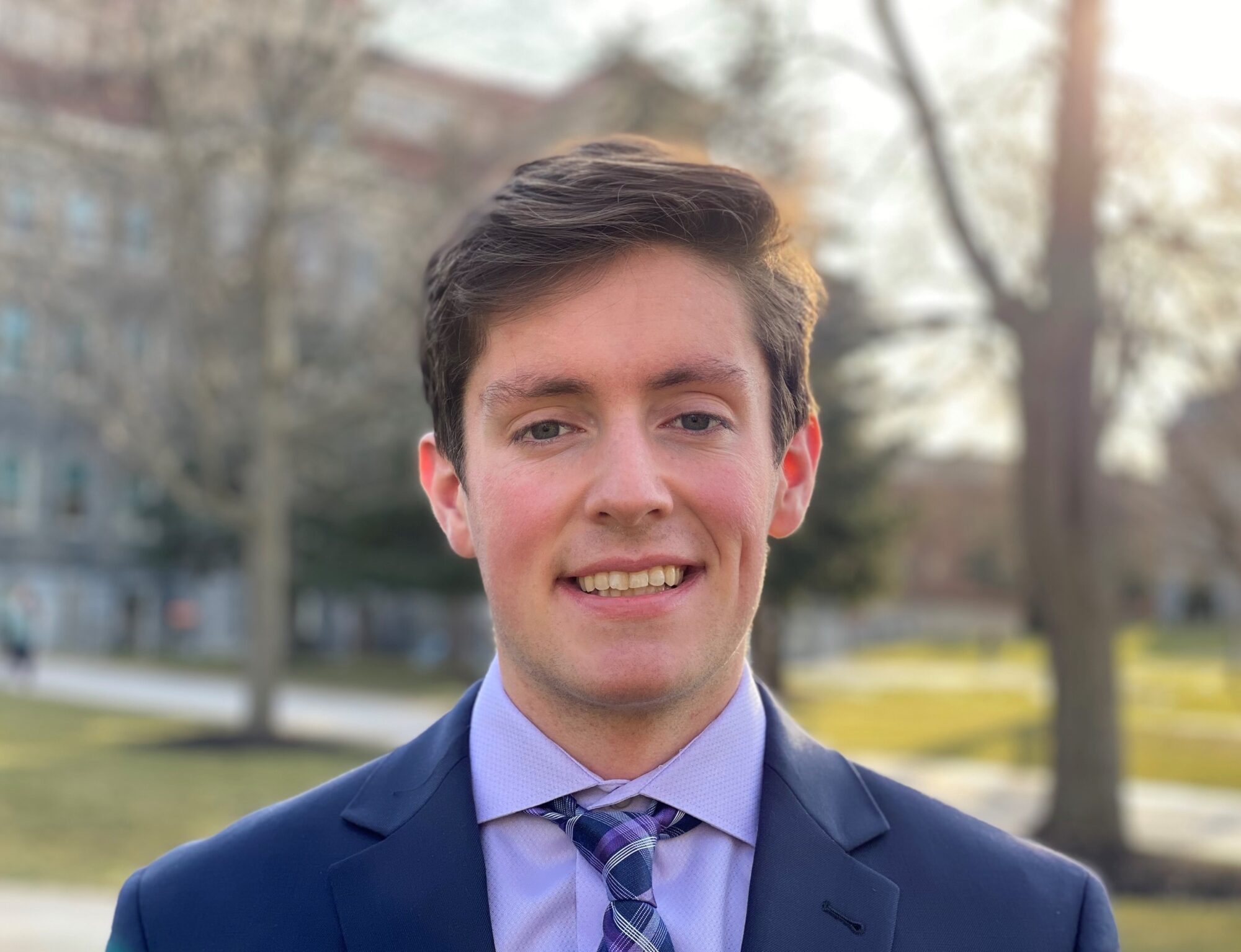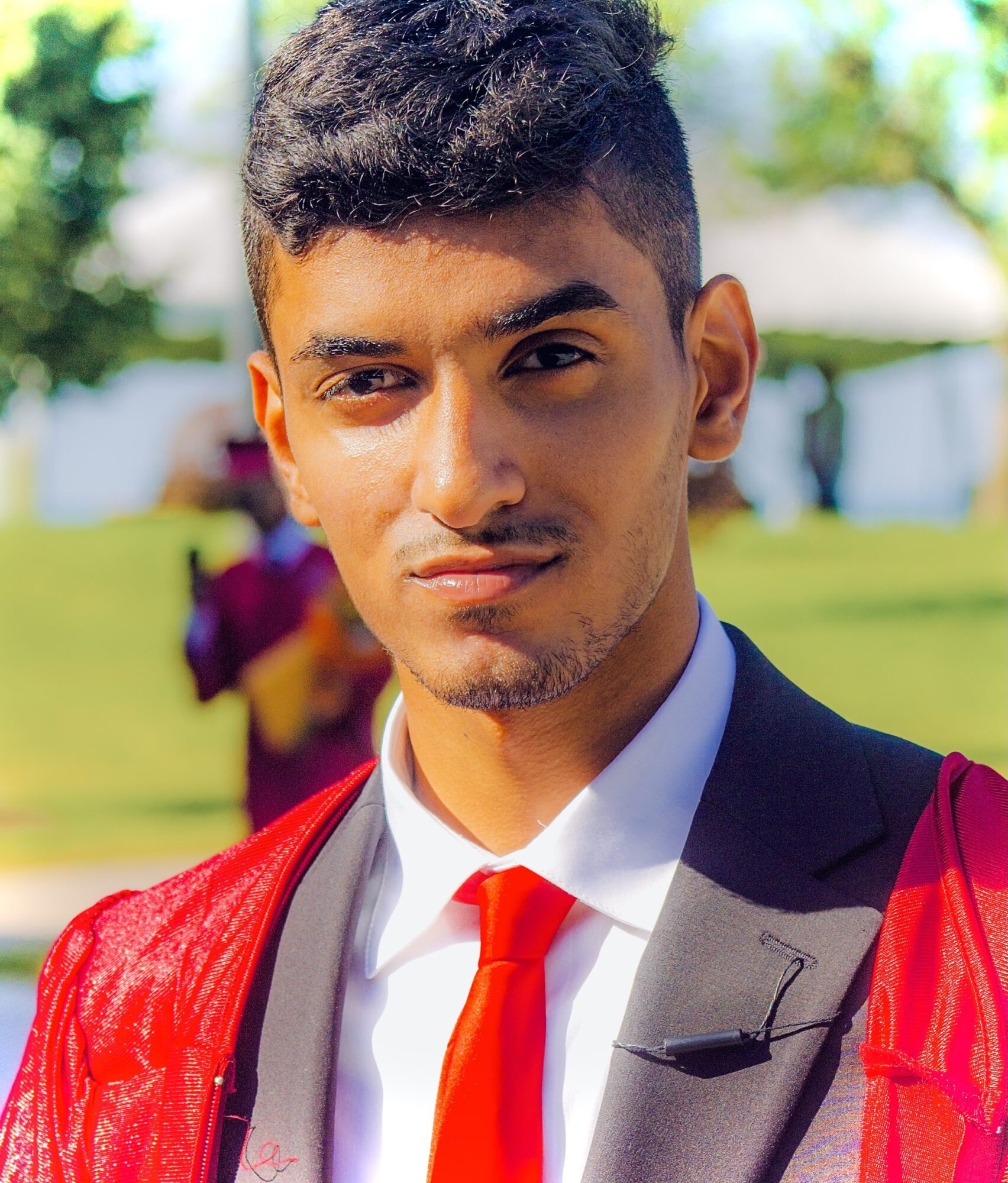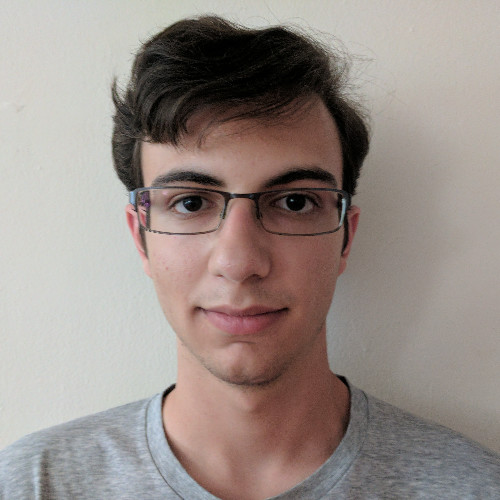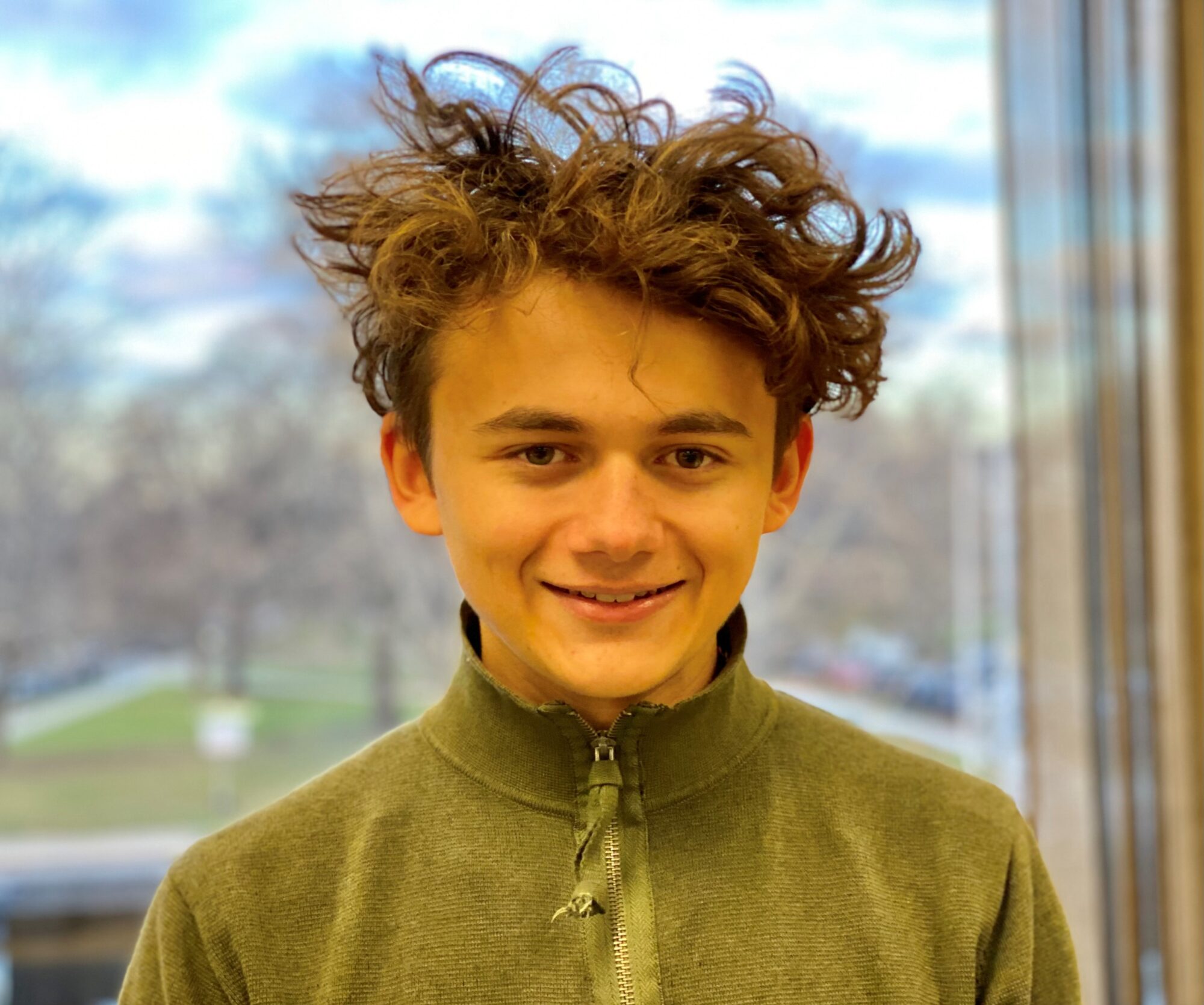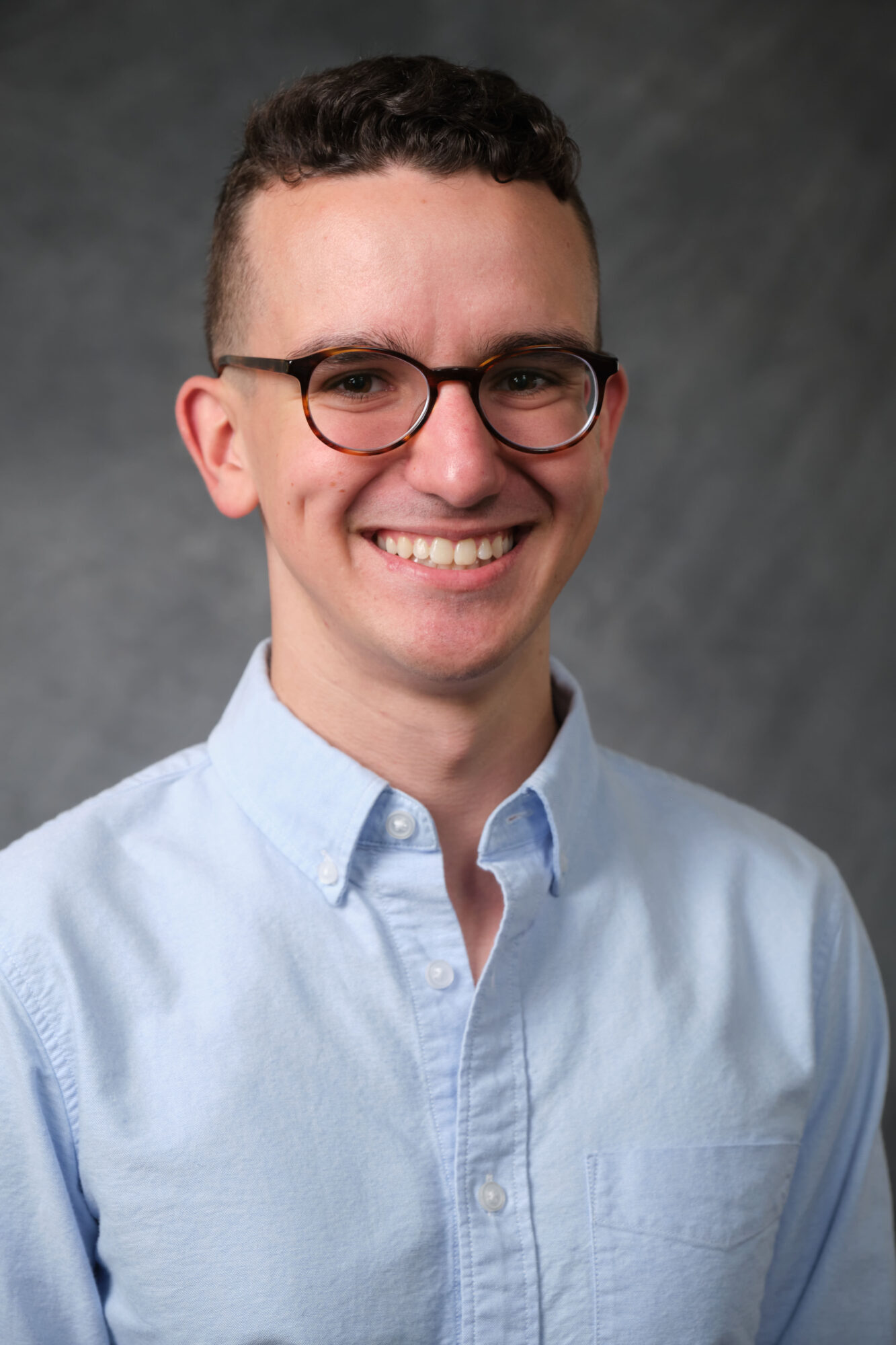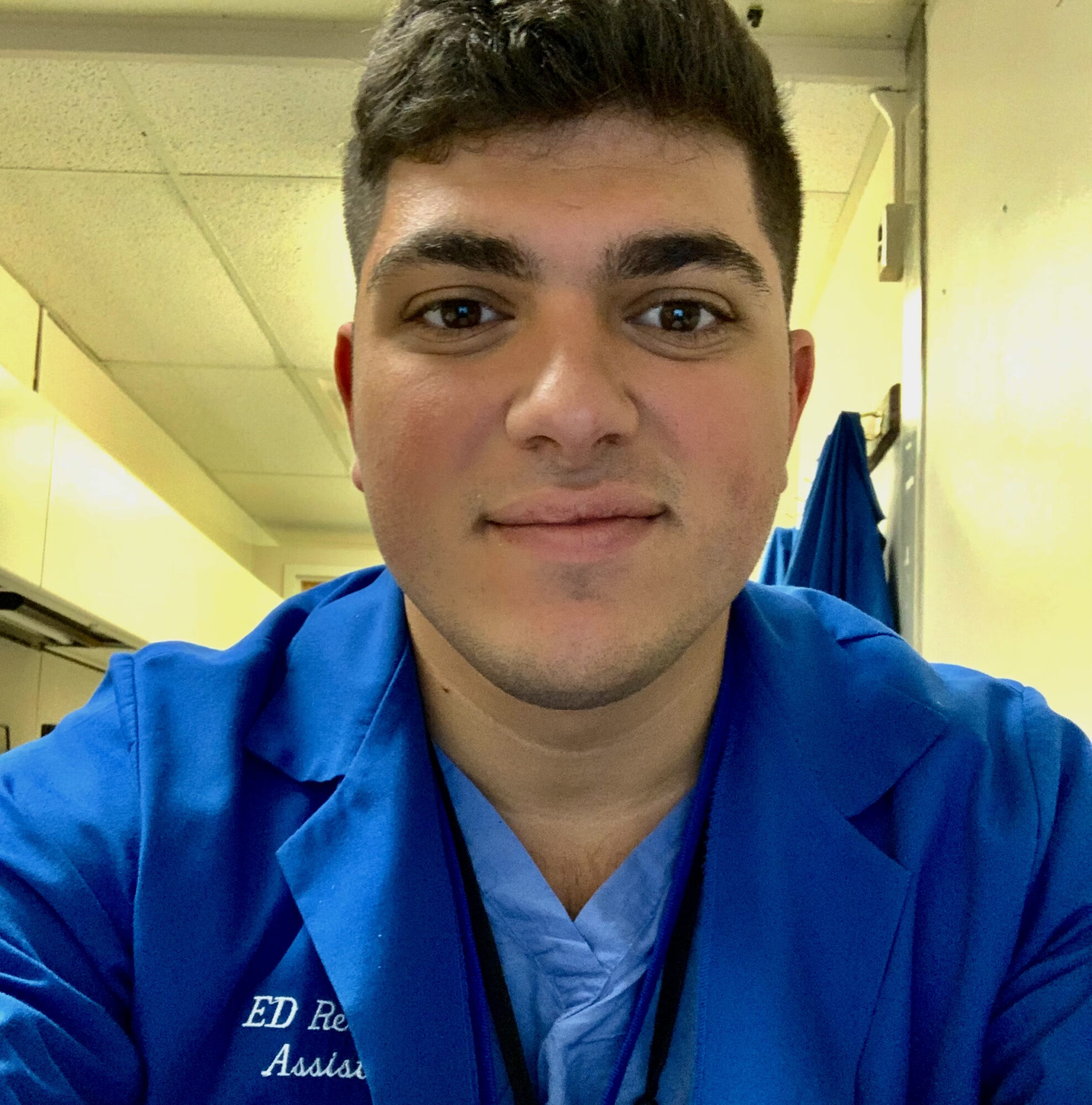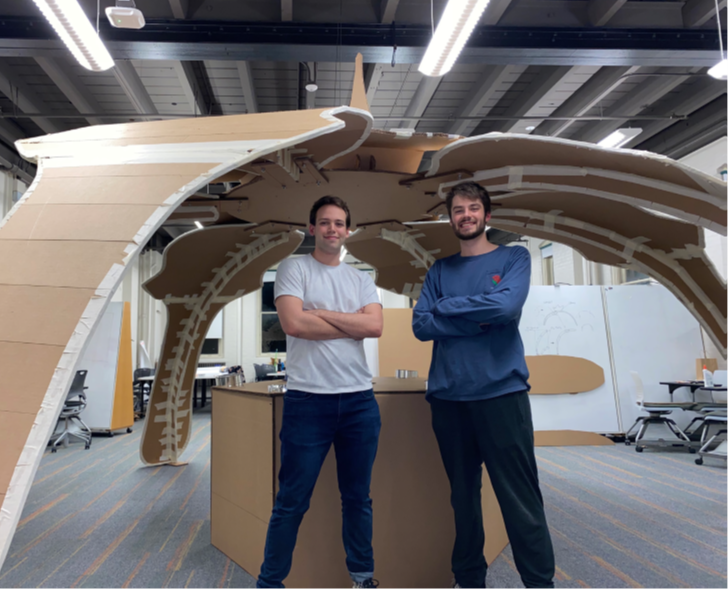
When meeting Emma Rothman you immediately notice her kindness and quiet charm. She is sincere in conversation and incredibly open about the struggles that shaped her to be the person she is today. Rothman, a 2021 graduate of Syracuse University, wasn’t always that way. As a recipient of a heart transplant at age 12, Rothman said she bottled up a lot of the emotions and anxieties involved in that traumatic experience.
She says “Sometimes it takes getting your life flipped upside down for you to figure out what actually matters and what you should prioritize. I used to not be confident talking about my transplant, but I knew I wanted to give back and help others.”
In 2013, a year after her transplant, and after receiving so much support from families and friends, she wanted to reciprocate, so she started her non-profit, Hearts for Emma with the mission to provide assistance to families of children with heart disease and support educational initiatives relating to heart transplantation and organ and tissue donation.
Since the organization’s launch, more than 60,000 high school students have been educated on heart, organ, and tissue donation. Hearts for Emma also funds two college scholarships to promote organ, tissue, and cornea donation on college campuses across the United States.
Despite the organization’s widespread impact, she spent most of her middle school years in the hospital and felt isolated from her peers and scared to talk about her transplant as she worried it would become too much a part of her identity.
In her new book “Things my Therapist Doesn’t Want Me to Say: 10 Years Post Heart Transplant”, Rothman finally feels comfortable enough to open up about the struggles associated with her transplant.
Rothman says, “I’ve been in therapy for most of my life, but I had a major emotional setback after a surgery during the summer of my sophomore year and I found journaling to really help.”
When senior year rolled around and COVID-19 hit, she felt scared of post-grad life and what she wanted to do with her life. Coupled with the ten-year anniversary of her heart transplant, she felt that writing was the only outlet where she could truly express her thoughts and feelings.
She says, “I wasn’t telling my friends or my partner what I was going through, and I felt that writing really helped. It turned into a book because I felt like it was a great way to seek closure on my last ten years post-surgery.”
When asked about what she hopes others can get from the book, Rothman says “I’m hoping that people will be able to relate to the chronic messiness of life and even if you might not be able to relate to it now, we can all come to an understanding that your twenties are really hard and it’s just a chaotic time in college. It’s not a time where most people are building healthy habits.”
She hopes this book helps normalize conversations around mental health and builds the healthiest and happiest versions.
You can pre-order the book here. Listen to the newest episode of the Commute to Class where we sit down with Emma to discuss the therapeutic nature of writing, starting her non-profit Hearts for Emma, and the scariness of post-grad life.
Story by Jack Lyons ‘22, LaunchPad Global Fellow; photo supplied
